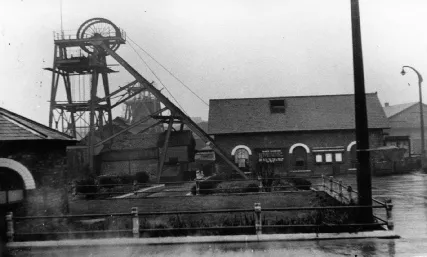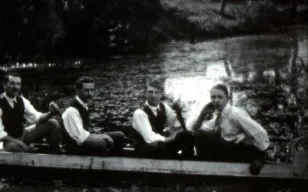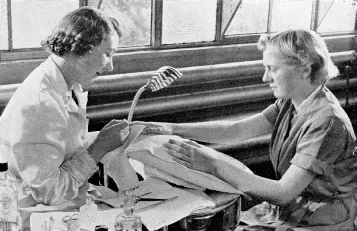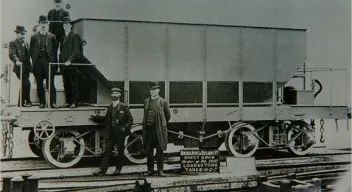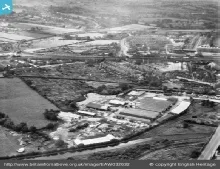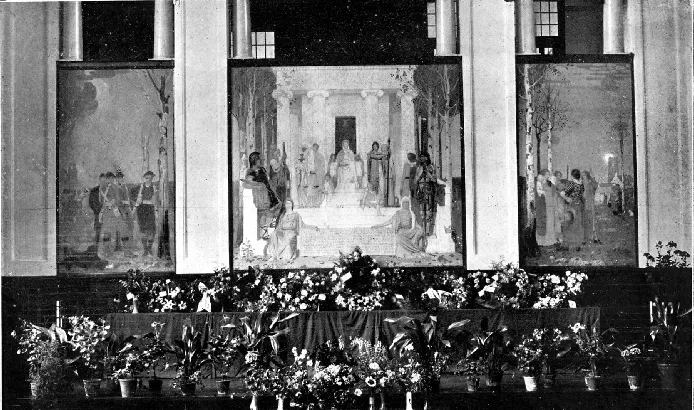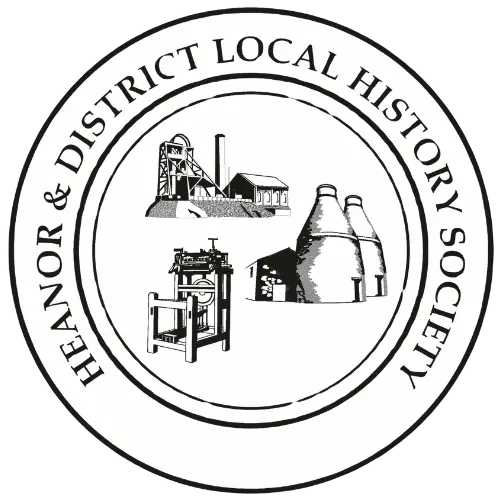
by hello@ctrlaltdesign.uk | May 26, 2024 | Themed History
Mining of coal, and, to a lesser extent, ironstone, has been taking place around Heanor since time immemorial. It probably began when farmers digging ditches and wells discovered that the black material they found in some places would burn. They also found that it lay...

by hello@ctrlaltdesign.uk | May 26, 2024 | Local Industries
Vic Hallam was the son of a Marlpool miner, and at the age of 15, just before the First World War, he took a half-share in a poultry breeding business with his older brother Dennis. With his skill in making sheds for his poultry, after the war he set up his own...

by hello@ctrlaltdesign.uk | May 25, 2024 | Local Industries
The Aristoc factory site on North Street, Langley Mill, also showing Ebenezer Street to the top left, and Thompson Street. This photograph was taken between 1955, when the dye-house on the centre left was built, but before 1963 when the offices were added to the right...

by hello@ctrlaltdesign.uk | May 25, 2024 | Themed History
Once upon a time, the Heanor area was totally agricultural. But despite its rural history, without a doubt Heanor has been an industrial town since the 19th century . This page lists just some of the industries (other than mining, which is dealt with separately)...

by hello@ctrlaltdesign.uk | May 25, 2024 | Themed History
All of the photographs on this page have been taken from the Britain from Above website, and are copyrighted to English Heritage. The collection of over 95,000 photographs from around the country was based on a series of more than 1.25 million photographs taken by...

by hello@ctrlaltdesign.uk | May 24, 2024 | War Memorials
The War Memorials page gives details of those memorials situated outside, visible to all. But many organisations had their own interior war memorials. Some of these are, now, sadly lost. The Heanor Secondary School (subsequently the Grammar School) commemorated the...
